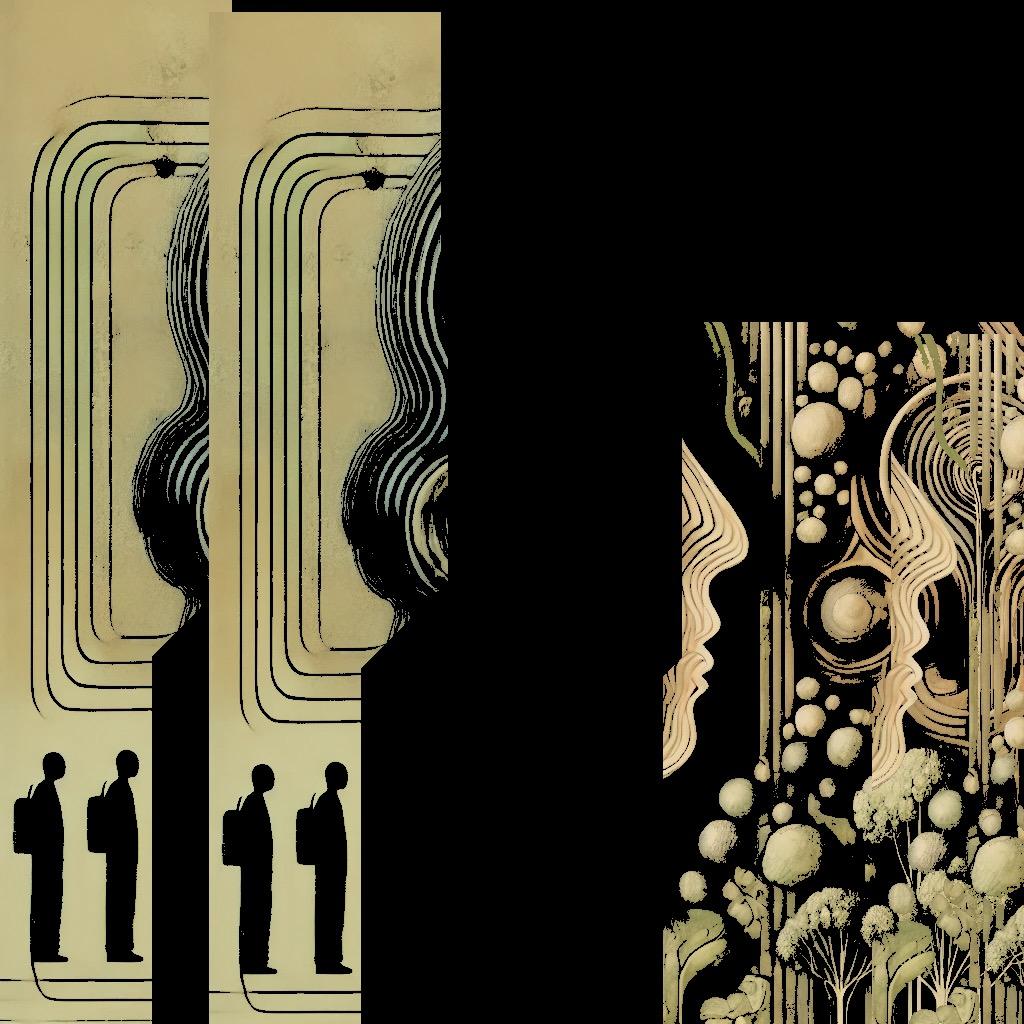
The United States has a rich history of shared public resources, with public libraries standing as prime examples of this commitment. Despite their immense value, libraries are currently facing challenges from those unable to grasp their enduring relevance. Today, an innovative startup called ReLeaf is pioneering a new form of shared resource, offering fresh perspectives on sustainability and wealth redistribution.
The Emergence of Libraries in the United States
The first public libraries in the United States sprouted in the 18th century, inspired by the principles of democracy, free access to information, and collective knowledge. These community hubs were – and remain – open to everyone, embodying the principle of shared resources for public enrichment.
Over the centuries, libraries evolved, accommodating changing needs and technologies. Despite the digital age, libraries have retained their cultural significance, serving as communal spaces that foster learning, creativity, and community engagement.
However, libraries are currently under siege from critics who question their relevance in an increasingly digital world. These detractors, unfortunately, overlook the role libraries play as equalizers, providing access to information and technology for those who might not have it otherwise.
ReLeaf: A New Chapter in Shared Resources
Today, ReLeaf, an environmentally-minded startup, is rewriting the narrative of shared resources. Their model combines the conservation of water – a crucial shared resource – with an innovative system of wealth redistribution.
ReLeaf's primary mission is to repurpose waste into vertical gardens, embodying the essence of a circular economy. This process not only recycles waste but also saves water through efficient irrigation systems, promoting responsible use of this precious shared resource.
In addition to water, ReLeaf circulates wealth in a way that mirrors the flow of this life-giving resource. Investors in ReLeaf help fund the transformation of waste into green spaces, creating a continuous income stream in return. A portion of the profits is channeled back into ensuring fair wages for workers and generating residual income for investors. This way, the benefits of investment are continuously recirculated, much like water in ReLeaf's vertical gardens.
🍃
The ethos that gave birth to America's public libraries – shared resources for the common good – is echoed in ReLeaf's mission. Just as libraries democratized access to knowledge, ReLeaf seeks to democratize access to sustainable practices and the wealth they generate.
As libraries face challenges from short-sighted critics, it's worth reflecting on the importance of shared resources, from books to water to income. ReLeaf's model offers a vision for the future that not only sustains our environment but also nurtures a more equitable society. It's a timely reminder that shared resources aren't just about conservation; they're about creating a world that benefits everyone.